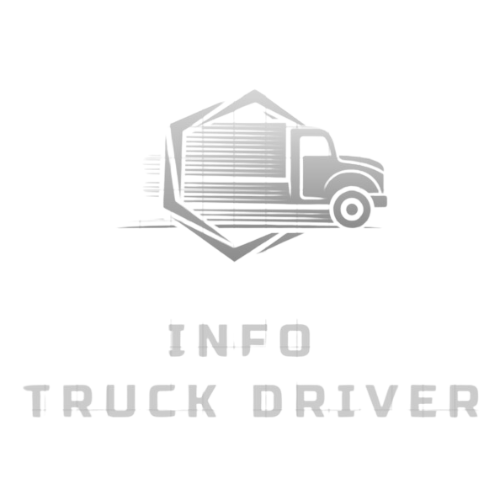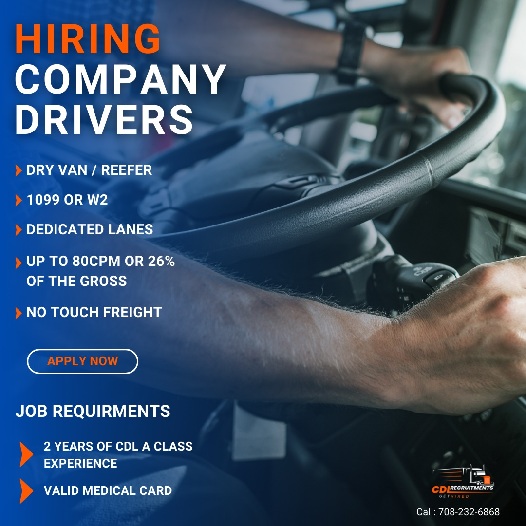CDL Requirement for Operating Semi-Trucks: Exploring the Regulations
Semi-trucks, also known as tractor-trailers or big rigs, are massive vehicles integral to the transportation industry.
However, navigating the regulations concerning whether one can operate these trucks without a Commercial Driver’s License (CDL) is crucial for individuals considering driving these vehicles.

Understanding Semi-Trucks:
Semi-trucks are heavy-duty trucks typically consisting of a tractor unit for hauling cargo combined with a trailer. These vehicles are used for long-haul transportation of goods across vast distances.
Importance of CDL:
A CDL is a specialized driver’s license required for operating commercial vehicles exceeding specific weight limits or carrying particular types of cargo. It signifies that a driver possesses the skills and knowledge necessary to handle these larger and more complex vehicles.
CDL Requirement for Semi-Trucks:
In most cases, operating a semi-truck requires a CDL due to the size, weight, and complexities involved.
Here are some key aspects regarding CDL requirements for semi-trucks:
Weight Classifications: Semi-trucks typically fall into higher weight classifications, often Class 8 vehicles, with Gross Vehicle Weight Ratings (GVWR) exceeding 33,000 pounds. These weight classifications generally mandate a CDL for operation.
Type of Cargo: Certain types of cargo might also necessitate a CDL. Transporting hazardous materials or carrying oversized loads often requires additional endorsements or certifications on a CDL.
Exceptions or Variances:
Despite the general rule requiring a CDL for semi-truck operation, some exceptions or specific circumstances might exempt drivers from needing a CDL:
Personal Use: If a semi-truck is used strictly for personal reasons or non-commercial purposes, some states might not mandate a CDL, provided the vehicle is not being used for business or commercial activities.
Farm Exemptions: Some states provide exemptions for farmers or agricultural workers using semi-trucks within specific weight thresholds for agricultural purposes.
Risks and Consequences:
Operating a semi-truck without the necessary CDL can lead to severe consequences:
Legal Penalties: Driving a commercial vehicle without a CDL is illegal and can result in hefty fines, penalties, and even criminal charges in some cases.
Safety Concerns: Driving a large commercial vehicle without the proper training and certification poses significant safety risks to the driver, other road users, and cargo.
Insurance and Liability: Operating a semi-truck without a CDL might invalidate insurance coverage and increase liability in the event of accidents or incidents.
Employer Responsibility:
Companies employing drivers for semi-trucks are responsible for ensuring compliance with CDL regulations. Hiring individuals without the required CDL for commercial driving can lead to legal and regulatory issues for the employer.
While there might be limited exceptions or specific circumstances where driving a semi-truck without a CDL is permissible, the general rule mandates a CDL for operating these large commercial vehicles.
Compliance with CDL regulations is crucial for legal adherence, ensuring road safety, reducing liability risks, and upholding industry standards in the transportation sector.


